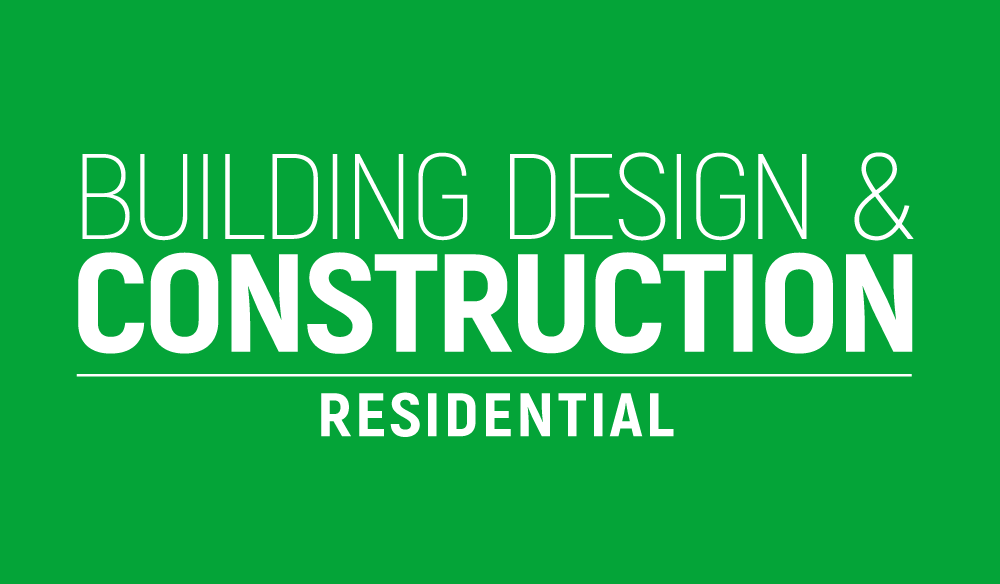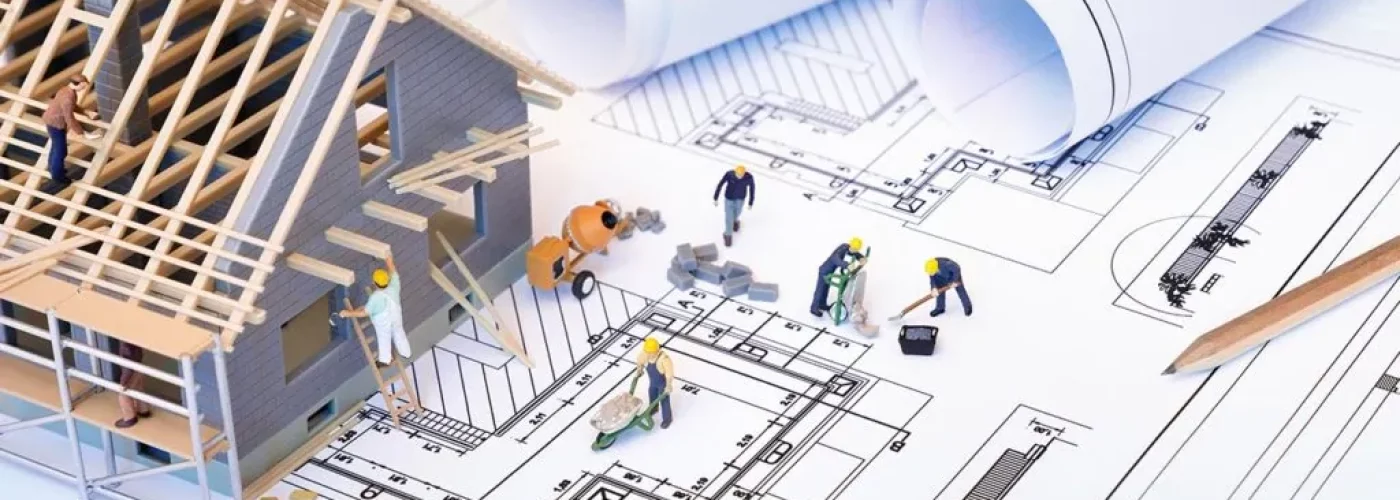A brand new UK building regulation is here. Coming into effect on 15th June 2022, Part O deals with the growing issue of buildings being designed and constructed without due consideration to the building’s potential internal temperature, during our warmest months.
Importantly, and in difference to many other updates to the Building Regulations, Part O will be applied retrospectively, regardless of when a planning application was submitted or approved, if projects have not actually started construction before 15th June 2023 they will be required to comply with Part O. This 12-month transition period allows for designers and developers to make changes to planned projects to ensure they comply before their construction commences.
Overheating of buildings is not a new issue. Previously, it has been partially addressed with assessment tools and guidance by various bodies, but for the first time, the UK Government, in the form of the Department for Levelling Up, Housing and Communities (DLUHC) has firmly addressed the issue. The management of solar gains in buildings is to be enforced under the revised Building Regulations 2022, specifically the new Part O, which comes into effect on 15th June 2022.
What is Part O?
Approved Document O covers the overheating mitigation requirements of the building regulations; designing and constructing buildings to limit unwanted solar gains in summer and provide an adequate means of removing excess heat from the indoor environment.
It applies to all residential and institutional dwellings, including care facilities and student accommodation, anywhere you would stay overnight (but excluding hotels), ranging from a single storey house to a high-rise apartment block.
Make no mistake, this is a significant change that will need to be acknowledged and adopted by all developers and designers with immediate effect, to avoid the risk of new homes failing to pass building regs.
Since December 2021 when Part O was released, Smartlouvre have been gathering feedback from those affected including house builders and housing associations. They have written a whitepaper to respond to this feedback, with input from designers, building physicists, simulation experts and members of CIBSE.
They have also been in contact with the Department of Levelling Up, Housing and Communities to ensure what they create is a rounded document, which de-mystifies the regulation and provides unbiased advice, whilst giving thought provoking comment as to how we in the construction sector can design in consideration of user comfort and health as a primary consideration.
To read the whitepaper visit www.smartlouvre.com (url to be set live on Friday 17th June).





